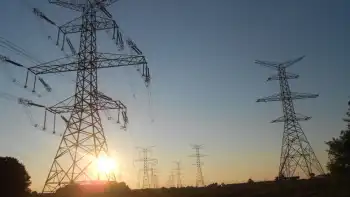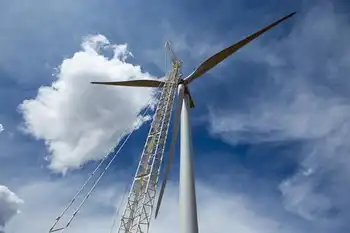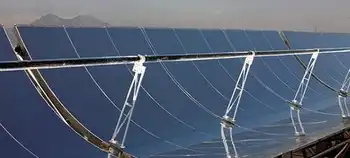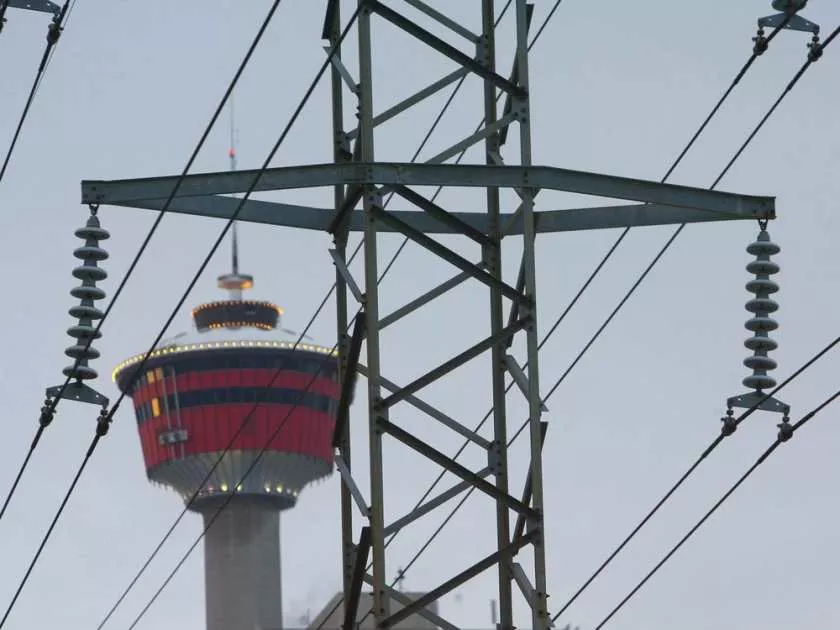Chinese farmers affecting the price of copper
CHINA - Forget the sluggish U.S. economy. The biggest threat to the stunning rebound in base metal prices could come from Chinese pig farmers.
Easy access to credit from Chinese banks has apparently inspired hog producers in Guangzhou province, investing-astute citizens in Zhejiang province and residents of the northern scrap metal trading hub of Anxin county to speculate on the price of copper and nickel.
Regular Chinese citizens are mimicking the government's decision to aggressively stockpile metal supplies amid the global economic crisis.
According to a recent report by China Central Television (CCTV), residents in rural areas have been accumulating physical copper in recent months, in quantities ranging from a few tonnes to a few hundred tonnes.
The new breed of base metals speculator is cause for concern, according to commodity experts. Na Liu, China strategist at Scotia Capital in Toronto, said local observers estimate that the non-institutional Chinese speculators could account for stockpiling of some 200,000 tonnes of copper and 50,000 tonnes of nickel.
“These stockpiles are in ‘weak hands,' as speculators have no real use for base metals,” Mr. Liu told clients in a report.
“When the market sentiment turns, they are very likely to turn into quick sellers, especially when the bank's money is involved.”
Such selling could put pressure on the price of copper and dampen the strong rebound that Canadian copper miners including Teck Resources Ltd., First Quantum Minerals Ltd. and Lundin Mining Corp. have enjoyed in recent months.
China has been the key driver in the remarkable performance of copper, which has more than doubled this year and was recently changing hands at about $2.80 (US) a pound, well off the lows of $1.25 a pound hit last fall.
China's $586-billion economic stimulus package, which is designed to spur spending on infrastructure, coupled with liberal lending policies by domestic financial institutions at Beijing's behest, has prompted massive buying of base metals, particularly copper.
With about $2-trillion in foreign currency reserves, China desperately wants to diversify its investment holdings and has turned to so-called hard assets such as copper. Yet China's Strategic Reserve Bureau warehouses aren't the only places that the orange metal, which is used to make pipes and wire, is being stockpiled.
Chinese banks have made about 7.7 trillion yuan (about $1.1-trillion) in new loans so far this year, and it appears that some of the money borrowed by consumers has been used to buy copper, nickel and other commodities.
According to Mr. Liu, citing the CCTV report, the “famously investment-savvy” residents of Wenzhou in Zhejiang province are using bank loans to stockpile copper scraps. One merchant said he had stockpiled 20,000 tonnes of scrap using bank lending. And in Guangzhou, CCTV found that pig farmers were buying physical nickel and copper as an investment.
While pricing pressure is possible, Scotia Capital's Mr. Liu is not predicting China's citizen speculators themselves could cause a copper or nickel price crash. As copper imports have surged to a record, China is expected to consume about five million tonnes of copper this year and about 400,000 tonnes of nickel.
But it seems all that metal isn't being used to make cars and refrigerators. Mr. Liu estimates that commercial stockpiling by both state-owned enterprises and Chinese residents could account for at least 300,000 to 350,000 tonnes of copper, if not more.
China's gross domestic product grew at an annualized rate of 8 per cent in the first half of the year and industrial output has now recovered enough to be up more than 10 per cent in July, year over year. “If the economic momentum is maintained... most of the inventories could easily be digested in the real economy and the ‘investors' could be rewarded for their forward-looking bet. That said, if, for any reason, sentiment turns sour in the market, a temporary ‘de-stocking' could not be ruled out,” Mr. Liu said.
Desjardins Securities analyst John Hughes said the market has, for months, been trying to figure out how to account for all the copper being imported by China. Even if the citizen speculators are a big driver of copper demand, Mr. Hughes expects that China's growing industrial economy will easily be able to absorb a surge in selling by the speculators.
“Any speculative investment in that commodity is ultimately going to be sold into the domestic market so we do not believe we are going to see any material (copper) exports back into the West,” Mr. Hughes said.
Related News
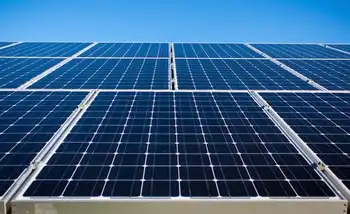
ABO to build 10MW Tunisian solar park
TUNISIA - ABO Wind has received a permit and a tariff for a 10MW photovoltaic project in Tunisia which it plans to build and commission in 2020.
The solar park, in the governorate of Gabes, is 400km south of the country’s capital Tunis.
The developer said it plans to build the project next year in close cooperation with local partners.
ABO Wind department head Nicolas Konig said: “The solar park will produce more than 18 million kilowatt hours of electricity per year and will feed it into the grid at a distance of 2500 metres.”
The developer will conclude an electricity supply contract with…

